Democratic Republic Of Congo
The World Health Organization (WHO) said on Friday that the international response to an Ebola outbreak in Democratic Republic of the Congo, is well under way but it is going to be “tough” and “costly”.
Peter Salama, Deputy Director-General of Emergency Preparedness and Response at the World Health Organization (WHO), told journalists in Geneva that the agency was preparing for all eventualities.
This included a “worst case scenario” according to the WHO official, who confirmed that the agency had been notified on Tuesday of the outbreak in Bikoro, Equateur province, western DRC, by authorities in the country.
He said “we have three healthcare workers infected and one, who is being reported as of yesterday, as having died and we know that healthcare workers can really be an amplification factor for these kinds of outbreak. And we know that the number of suspected probable and confirmed cases is significant. So, we are very concerned and we are planning for all scenarios, including the worst-case scenario.”
To date there have been 32 suspected cases of the viral disease, including two laboratory-confirmed cases, 18 probable cases and a dozen cases classified as “suspicious.”
Salama said “it is absolutely a dire scene in terms of infrastructure. There are very few paved roads, very little electrification, very poor water and sanitation and as I mentioned, the only way we mount a serious response in this outbreak is through an air-bridge. To give you a sense, we are talking about an area that is 280 kilometers even from the provincial capital of Equateur, so it is going to be extremely challenging in terms of the response. So we need to make sure everyone is aware. This is going to be tough and it’s going to be costly to stamp out this outbreak.”
WHO is working closely with authorities in DRC to scale up operations rapidly and mobilize health partners that have helped in recent Ebola outbreaks in Liberia, Guinea and Sierra Leone.
The agency is in discussions with the World Food Programme (WFP) to organise airlifted supplies to the affected area, and to clear ground so that planes can land. UNICEF, the UN Children’s Fund, has also mobilised doctors and water, sanitation and hygiene specialists to help contain the spread of the disease.





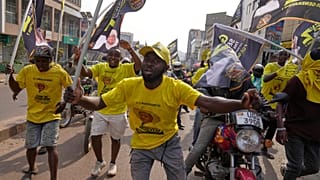
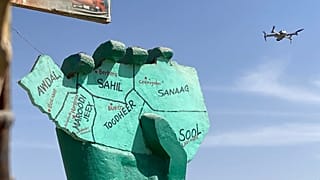
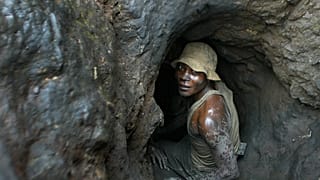

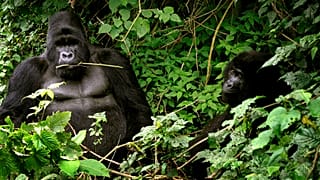
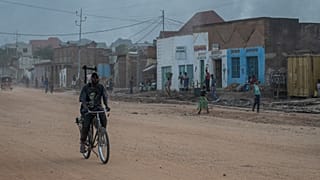
Go to video
US firm sues DR Congo over alleged bribery scheme
01:36
DRC: Funeral held for victims of drone strike blamed on govt forces
01:09
Trump orders US withdrawal from 66 international organisations under ‘America First’ policy
00:56
Algeria reach AFCON quarterfinal after dramatic win over DRC
Go to video
Patrice Lumumba lookalike goes viral supporting DR Congo at AFCON 2025
Go to video
Africa Cup of Nations: Algeria gears up to face DRC